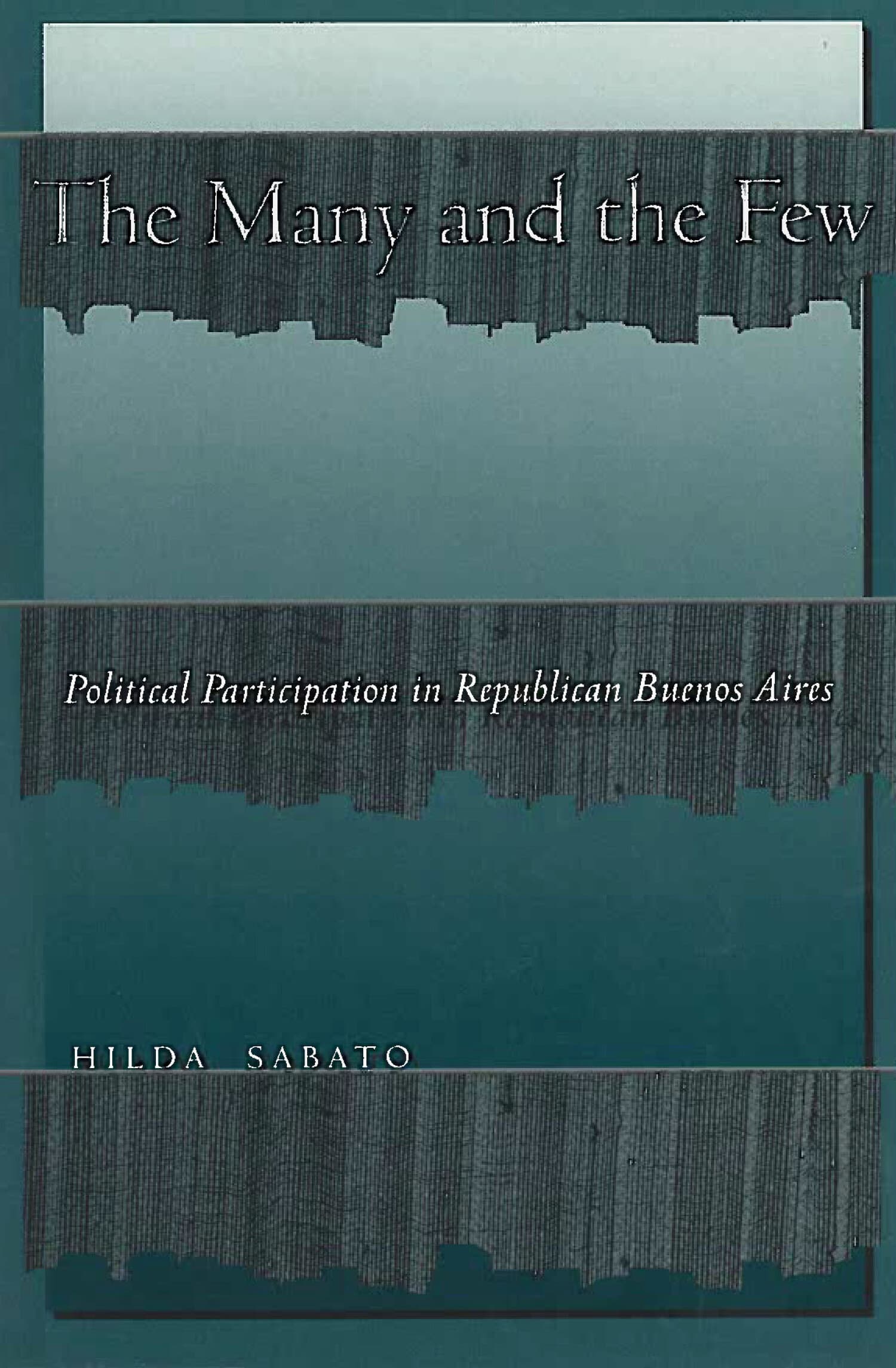City of Sediments
Also Available from

Once the capital of the five-hundred-year Chosŏn dynasty (1392–1897) and the Taehan Empire (1897–1910), the city of Seoul posed unique challenges to urban reform and modernization under Japanese colonial rule in the early twentieth century, constrained by the labyrinthian built environment of the old Korean capital. Colonial authorities attempted to employ a strategy of "erasure"—monumental Japanese architecture was, for instance, superimposed upon existing palace structures—to articulate to colonized Korean subjects the transition from the pre-modern to the modern, and the naturalization of colonial rule as inevitable historical change.
Drawing from and analyzing a wide range of materials, from architecture and photography to print media and sound recordings, City of Sediments shows how Seoul became a site to articulate a new mode of time—modernity—that defined the place of the colonized in accordance with the progression of history, and how the underbelly of the city, latent places of darkness filled with chatters of the alleyway, challenged this visual language of power. To do so, Se-Mi Oh builds an inventive new model of history where discrete events do not unfold one after the other, but rather one in which histories layer atop each other like sediment, allowing a new map of colonial Seoul to emerge, a map where the material traces of the city are overlapping, with vibrant residues of earlier times defiantly visible among the superimposed signs of modernity and colonial domination.
"Bold and ambitious, beautifully written and rigorously argued, City of Sediments is a pathbreaking book that provides a new framework to explore the history of Seoul. Crisscrossing the vast range of fields—cultural history, visual arts, architecture, film, and media—it also builds an archive of extraordinarily rich and diverse materials, that include those that experiment with new forms of writing, those that capture the fleeting moments of new experiences, and those that have usually been considered inconsequential and insignificant."—Namhee Lee, author of Memory Construction and the Politics of Time in Neoliberal South Korea
"City of Sediments is one of the most sophisticated pieces of scholarship on the colonial period in Korea that has been written in the past two decades. It eloquently captures the nuances and dynamics of the history of colonial life in Seoul through the lens of sedimentary history, paving the way for rethinking how history should be represented and studied."—Albert L. Park, author of Building a Heaven on Earth: Religion, Activism and Protest in Japanese Occupied Korea
"City of Sediments does an eloquent job of situating colonial Seoul in various theoretical contexts to scrutinize the uneven textures of urban landscape and the emotional commodification of everyday objects. Se-Mi Oh's voluminous reflections of the past, and her creative analysis of photography, signages, and aural sensibilities, set the gold standard for future historians."—Suk-Young Kim, author of K-pop Live: Fans, Idols, and Multimedia Performance
"The book presents a theoretically nuanced and methodologically innovative analysis of Seoul.... City of Sediments stands out in that it pushes the question of the spatial to its full extent while making methodological contributions to writing about the city."—Sujin Eom, Korea Journal
"The major strength of City of Sediments is in its offering of a new way of seeing. Oh's embrace of imagination and cultural play—particularly the ways in which colonized Koreans re-imagined their own past, present, and future—injects a sense of vitality and risk into history writing on modern Korea and is a welcome con tribution to this field."—Russell Burge, Journal of Asian Studies
"City of Sediments is a bold and theoretically rich study of how this city 'wrote itself.'... [It] offers us much to think about in terms of narrating multiple pasts and layered spaces of the present."—Todd A. Henry, Journal of Japanese Studies




